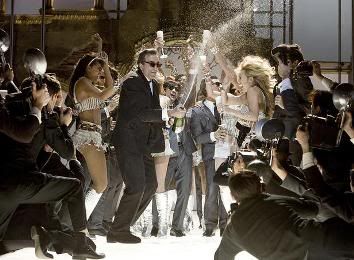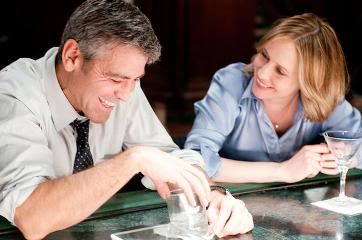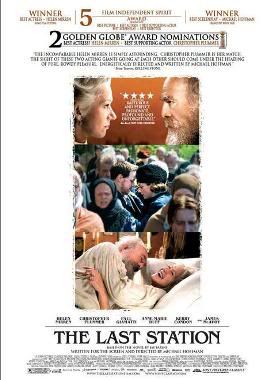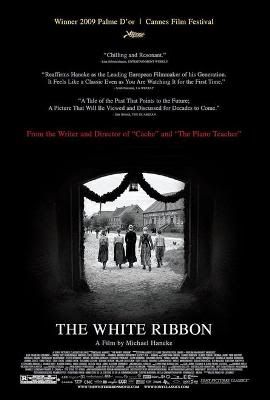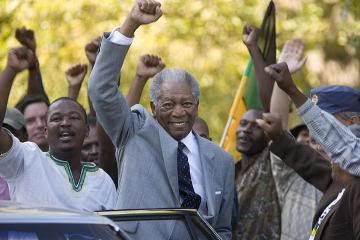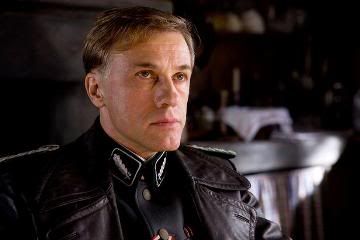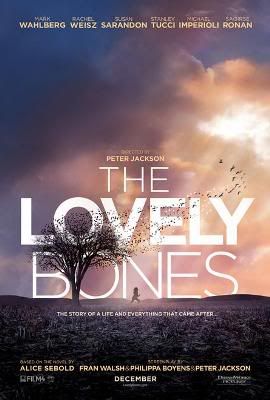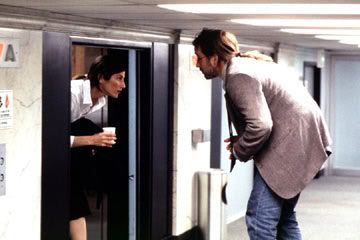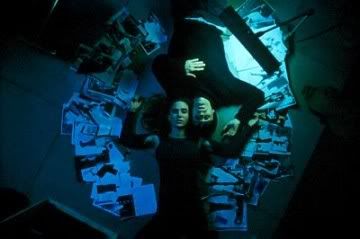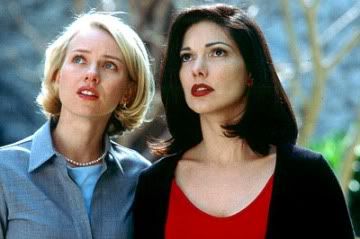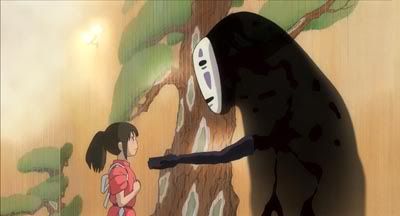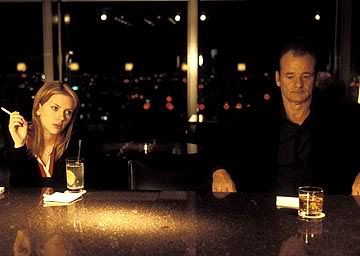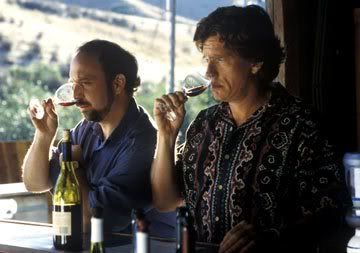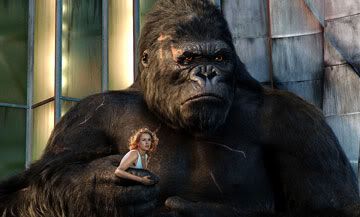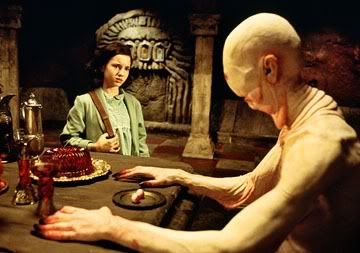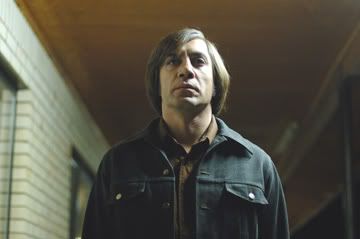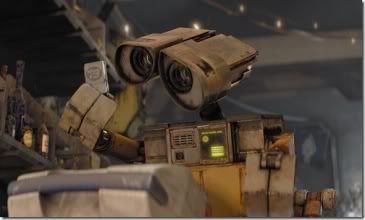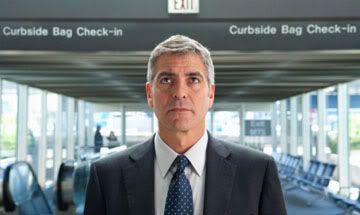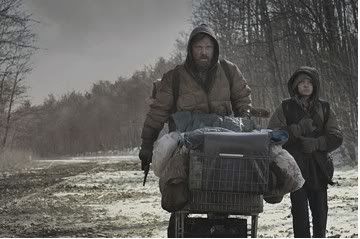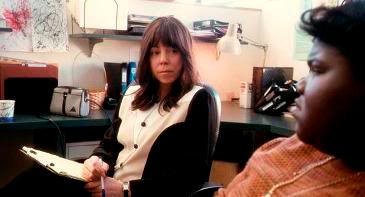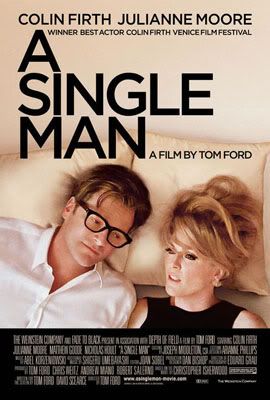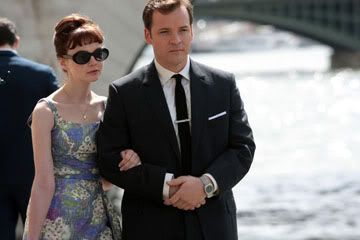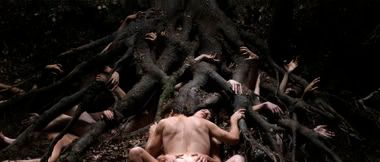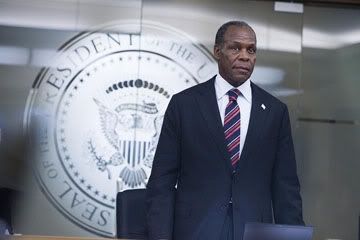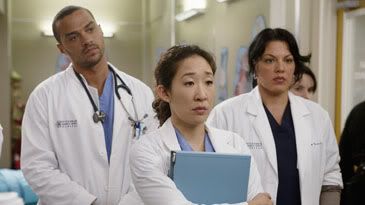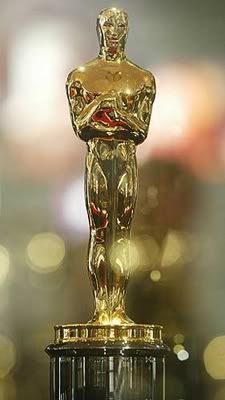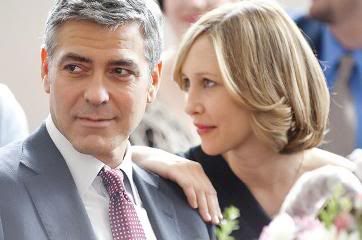
The nominations for the 67th Annual Golden Globe Awards were announced early this morning, and leading the pack was "Up in the Air" with a total 6 nominations, followed by "Nine" with 5 and "Avatar" and "Inglourious Basterds" tied with 4.
Along with "Up in the Air" in the category for Best Picture were "Avatar," "Precious," "The Hurt Locker," and "Inglourious Basterds." At this point and at the rate "The Hurt Locker" has already been collecting the most wins for Best Picture and Director over "Up in the Air," I'm going to have to put my prediction there. And wow, how deserving that movie really is. I couldn't be any happier that it got remembered from over the summer.
Although "Invictus" got snubbed for the Best Picture slot, Clint Eastwood is still up for Best Director alongside Kathryn Bigelow for "The Hurt Locker," James Cameron for "Avatar," Jason Reitman for "Up in the Air," and Quentin Tarantino for "Inglourious Basterds." Lee Daniels was left out of this one, and rightfully so since it was his direction that was the biggest fault in "Precious." Bigelow has got this one in the bag.
With the Golden Globes-specific category of Best Musical or Comedy, the nominees were "(500) Days of Summer," "Nine," "The Hangover," "It's Complicated," and "Julie & Julia." The frontrunner here is definitely "(500) Days of Summer" and the probable winner.
For Best Actor in a Musical or Comedy the nominees were Matt Damon for "The Informant!," Daniel Day-Lewis for "Nine," Robert Downey, Jr. for "Sherlock Holmes," Joseph Gordon-Lewitt for "(500) Days of Summer," and Michael Stuhlbarg for "A Serious Man." Since "A Serious Man" got snubbed in every other category (even Best Comedy or Musical), I would hope that Stuhlbarg would win this, but it's hard to say. I'm hoping that the Academy rectifies this crucial snub.
The Best Actress in a Musical or Comedy nominees were Sandra Bullock for "The Proposal," Marion Cotillard for "Nine," Julia Roberts for "Duplicity," Meryl Streep not once, but, yes, twice, for "It's Complicated" and "Julie & Julia." That woman is seriously a powerhouse and her performance in the latter movie will probably win.
Matt Damon received his second nomination in the category of Best Supporting Actor for "Invictus," along with Woody Harrelson for "The Messenger," Christopher Plummer for "The Last Station," Stanley Tucci for "The Lovely Bones," and Christoph Waltz for "Inglourious Basterds." Waltz is the shoo-in for this category as every other actor seems to be the odd-man-out. His performance deserves it.
Best Supporting Actress nods went to Penelope Cruz for "Nine," Mo'Nique for "Precious," Julianne Moore for "A Single Man," and both Vera Farmiga and Anna Kendrick for "Up in the Air." Like Waltz for Supporting Actor, Mo'Nique is the for sure winner for this category. There are always the painfully predictable ones, aren't there?
Nominations for Best Actor went to Jeff Bridges for "Crazy Heart," George Clooney for "Up in the Air," Colin Firth for "A Single Man," Morgan Freeman for "Invictus," and Tobey Maguire for "Brothers." They almost had it right here. These nominations match what we'll see with the Academy minus Maguire. Replace him with Renner for "The Hurt Locker," and that'll be it. Jeff Bridges is the rumored frontrunner for this race.
Best Actress nominees were Emily Blunt for "The Young Victoria," Sandra Bullock for "The Blind Side," Helen Mirren for "The Last Station," Carey Mulligan for "An Education," and Gabourey Sidibe for "Precious." When the competition is slated out like this with comedy or musical set aside (that meaning Meryl Streep set aside), either Mulligan or Sidibe will probably win this one, but hopefully Mulligan.
Best Screenplay included some interesting choices such as Neil Blomkamp and Terri Tatchell for "District 9" and Nancy Meyers for "It's Complicated." Aside from that it was the standard affair with Mark Boal for "The Hurt Locker," Jason Reitman and Sheldon Turner for "Up in the Air," and Quentin Tarantino for "Inglourious Basterds." "Up in the Air" will take this one, hands-down.
Nods for Best Foreign Language Film went to "Baaria" from Italy, "Broken Embraces" from Spain, "The Maid" from Chile, "A Prophet" from France," and "The White Ribbon" from Germany, the last of which is rumored to win.
Best Animted Film nominees were "The Princess and the Frog," "Coraline," "Cloudy with a Chance of Meatballs," "Up," and "Fantastic Mr. Fox." It's really a toss-up between the last two, but now it seems that Wes Andersen's efforts are being more appreciated over Pixar's now-regular excellence. I'll accept that.
Best Original Score nominations were Michael Giaccino for "Up," Marvin Hamlisch for "The Informant!," James Horner for "Avatar," Abel Korzeniowski for "A Single Man," and my personal favorite and the one I hope to win, Karen O and Carter Burwell for "Where the Wild Things Are." It would appear that the HFPA has a certain thing for "Avatar," so its score will probably nab this award.
So, how right does the HFPA have it this year? In terms of Director and Best Picture, I'd say about pretty close, if not exact. That is, if the Academy is willing to accept "Avatar" even with its blockbuster appeal. As for the other categories...some things went awry for the most part aside from the known shoo-ins. "(500) Days of Summer" should get more recognition, along with "An Education" and "A Serious Man" at the Academy Awards.
For the complete list of the 2010 Golden Globe nominations, check out E!'s comprehensive
list. There are some noteworthy television nominations, as well, such as "Glee" garnering a total of 4 nominations.
And be sure to watch the award ceremony on January 17th on NBC at 8 p.m. to find out who the winners are!



